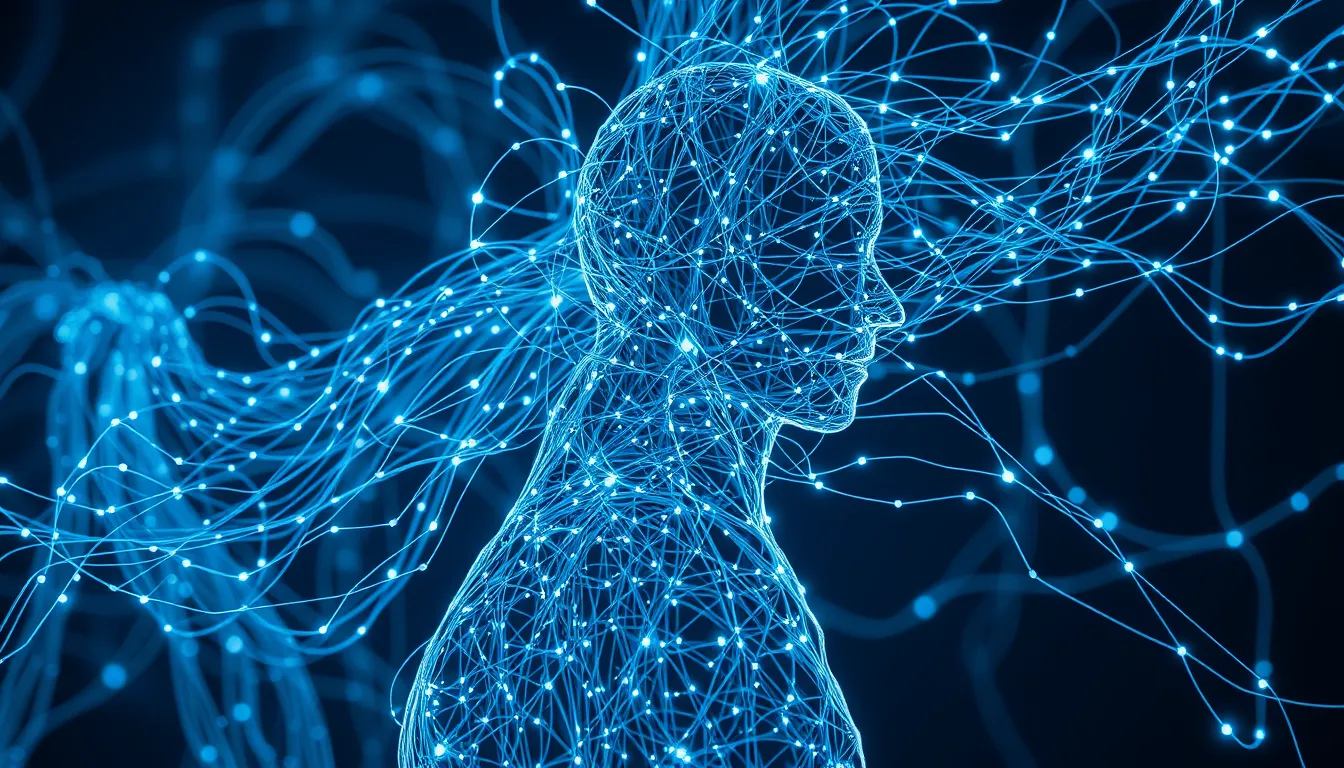Now Reading: Powerful AI in Healthcare Diagnostics: Boosting Patient Care
-
01
Powerful AI in Healthcare Diagnostics: Boosting Patient Care
Powerful AI in Healthcare Diagnostics: Boosting Patient Care

Powerful AI in Healthcare Diagnostics: Boosting Patient Care
Artificial Intelligence (AI) is transforming the landscape of modern medicine. In this article, we explore how AI in healthcare diagnostics is revolutionizing patient care and streamlining complex medical processes. With its ability to analyze vast amounts of data quickly and accurately, AI is becoming an indispensable tool in diagnosing and treating various medical conditions.
The Growing Role of AI in Healthcare
Healthcare providers worldwide are turning to AI in healthcare diagnostics to support medical imaging, laboratory testing, and patient management. Due to its precision and efficiency, AI assists doctors in identifying subtle patterns that may be overlooked during traditional examinations. This innovative technology not only improves diagnostic accuracy but also enhances overall patient outcomes.
How AI Improves Diagnostic Accuracy
One of the most significant benefits of AI in healthcare diagnostics is its ability to process and interpret medical images more effectively than conventional methods. Algorithms analyze X-rays, MRIs, and CT scans to detect anomalies with greater consistency. Here are some key points highlighting AI’s impact:
- Enhanced Image Processing: Advanced models can detect minute changes in tissue structure, leading to early diagnosis of diseases such as cancer.
- Faster Diagnosis: Automated analysis reduces waiting times, allowing for rapid intervention.
- Reduced Human Error: Consistent machine analysis minimizes the risks associated with manual interpretations.
These advantages are tangible improvements that have been embraced by medical professionals around the globe. For instance, hospitals integrating AI have reported a significant reduction in diagnostic errors and an increase in treatment precision.
AI in Medical Imaging and Beyond
The applications of AI extend beyond simple diagnostic tasks. AI in healthcare diagnostics also plays a crucial role in medical imaging analysis and disease prediction. By cross-referencing previous cases and medical histories, AI systems provide insights that support personalized treatment plans. This integration leads to more precise and targeted therapies. The evolution of AI in the field is a step towards a future where technology complements human expertise, ultimately leading to better health outcomes.
Real-World Success Stories and Challenges
Healthcare institutions have started leveraging AI to address complex challenges. For example, the development of AI models has led to early detection of chronic and acute conditions. However, along with the promising benefits come challenges:
- Data Privacy: Protecting patient data remains a top priority when deploying AI systems.
- Integration Costs: Initial setup and training for staff can be costly, although the long-term benefits often outweigh these expenses.
- Trust and Accountability: Both patients and practitioners need to trust AI-driven outcomes.
Despite these challenges, the shift towards AI in healthcare diagnostics continues to gain momentum. Institutions such as OpenAI and leading medical journals like The New England Journal of Medicine provide credible insights and case studies that support the positive impact of AI deployments in healthcare.
Enhancing Patient Care Through AI Innovations
The intersection of technology and healthcare is creating unprecedented opportunities. With AI in healthcare diagnostics at the helm, patient care is becoming more proactive. Medical teams are now better equipped to manage and predict potential health issues even before symptoms arise. Benefits include:
- Timely interventions that can prevent complications
- Personalized medical care based on comprehensive data analysis
- Streamlined workflows, reducing the burden on medical staff
The ongoing advancements in AI systems are expected to further enhance the quality of diagnostic processes. As more healthcare facilities adopt these technologies, the focus remains on improving diagnostic reliability while ensuring that ethical considerations and patient safety are never compromised.
Looking Ahead: The Future of AI in Healthcare
The future of AI in healthcare diagnostics is bright. As technology evolves, we expect new levels of integration across various healthcare domains. Continued research and collaboration between medical professionals and technology experts will drive improvements in diagnosis, treatment options, and patient outcomes. With ongoing improvements, AI is set to become an essential pillar in the medical field.
Conclusion
In summary, AI in healthcare diagnostics is not just a technological innovation but a revolutionary force that is redefining patient care. By improving diagnostic accuracy, enabling faster treatment decisions, and reducing human error, AI is poised to become a cornerstone of modern healthcare. As the technology matures, continued investment and development will be required to overcome current challenges and fully realize its potential. Embracing these advancements today paves the way for a healthier and more efficient tomorrow.

























